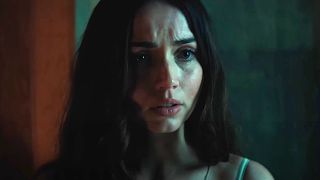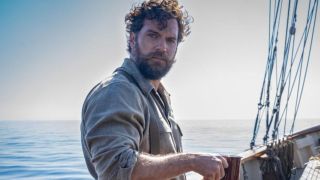lionsgate
Latest about lionsgate

‘I Found My Mouth Agape At The Sheer Audacity.’ Critics Have Seen The Housemaid, And They Have Strong Opinions About The Campy Thriller
By Heidi Venable published
Amanda Seyfried and Sydney Sweeney star.
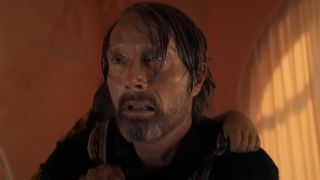
I Didn't See 'Whimsical' Coming From Critics About Mads Mikkelson's New Fantasy Horror Movie, But What I'm Hearing About Dust Bunny Has Me Pumped
By Heidi Venable published
The film is rated R for some violence but is intended to be family-friendly.
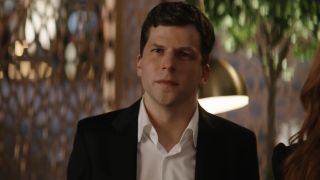
Critics Have Seen Now You See Me: Now You Don’t. Does Jesse Eisenberg Make Magic In The Heist Series’ ‘Fun’ But ‘Outwardly Cheesy’ Third Movie?
By Heidi Venable published
Who missed the Four Horsemen?
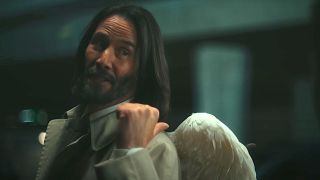
Critics Say Keanu Reeves Is ‘Devilishly Angelic’ In Good Fortune, But Do They Like The Supernatural Comedy Overall?
By Heidi Venable published
Aziz Ansari makes his directorial debut.
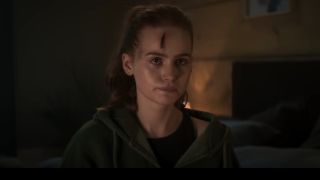
‘Complete Betrayal Of The Franchise.’ Critics Sound Off On The Strangers: Chapter 2 As Horror Trilogy Continues
By Heidi Venable published
The CGI boar struck a nerve.
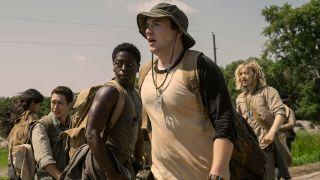
As ‘Nauseating’ As Critics Say The Long Walk Is, One Actor’s Performance Is ‘The Beating Heart Of This Grim Story’
By Heidi Venable published
The Stephen King adaptation is hitting theaters.
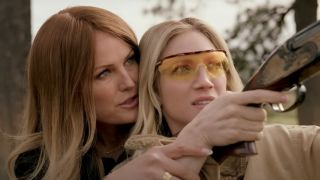
The Hunting Wives Wasn’t On My Netflix Radar Before, But I’m Totally Sold By What Critics Are Saying About The ‘Utterly Outlandish’ Series
By Heidi Venable published
Who doesn't love a sexy drama?
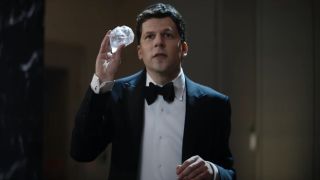
I Only Just Found Out Now You See Me: Now You Don't Is The Third In A Series, And I Feel Like Somebody Played A Magic Trick On Me
By Heidi Venable published
I blame sorcery.
CINEMABLEND NEWSLETTER
Your Daily Blend of Entertainment News
LATEST ARTICLES
